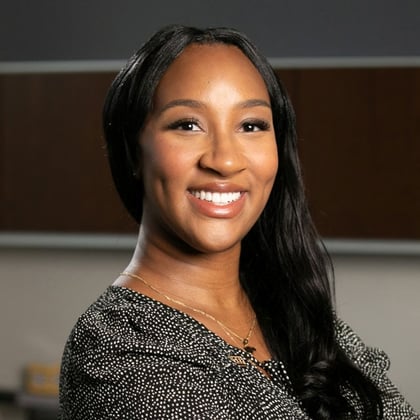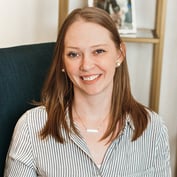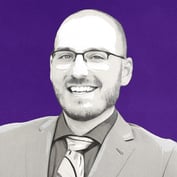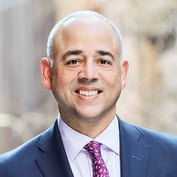If Merrill Wealth Management’s Simone Lee had one lesson to share with those pursuing the Certified Financial Planner designation, it would be to take the inevitable bumps in the road in stride.
Lee was recognized earlier this month as the 100,000th person to earn the CFP credential. She said her journey involved plenty of obstacles, including balancing parenting responsibilities with her work and studies. She also failed the final exam on her first attempt.
Falling short on the first go was emotionally challenging, Lee said, but it was also informative. She realized that her preparation had been overly conceptual and could benefit from more practical application of the key concepts taught in the CFP program.
Lee said she also benefited from being able to look up to another CFP throughout the process — her mother, Judith Lee, who immigrated to the United States from Jamaica before founding a Merrill financial planning practice nearly 20 years ago.
In 2019, Simone joined her mother’s practice as a financial advisor after a career in information technology.
“I am thrilled to be the 100,000th CFP professional in the United States,” Lee said. “I can’t wait to share my story and show others that there are many paths to starting a rewarding career as a financial advisor and earning CFP certification. I’ve seen the financial challenges faced by important people in my life, and I chose this career because of my desire to help others.”
Here are some highlights from our conversation:
THINKADVISOR: It’s a big deal for the CFP designation to pass this milestone, but it also must be such an important moment in your own personal life and career. What are your feelings about being the 100,000th CFP?
SIMONE LEE: Yes, it’s very exciting for me personally and for the advisor industry. I definitely understand the power of representation and visibility, as well as the need to bring new faces into the business. So yeah, I’m just really excited about this and really happy for this opportunity to share my story.
Can you tell us more about your road to CFP certification? You started your career in IT, right? What kind of work were you doing before?
Yes, I was an IT project manager. I graduated from college with a degree in mathematics, but I’m also a people person, so I gravitated towards the project management role. I was interfacing with different people across different business lines every day.
I enjoyed that, but I never felt like I was having a significant impact in my role. I also didn’t have a lot of control over my time, and that’s what made me realize how my mother’s career was different as a CFP advisor. I saw how much flexibility and autonomy that she had. She was able to be her own boss, and that was really appealing to me.
She was also able to build relationships with her clients that were very personal, and I knew she was happy in her role. She was also able to balance being a mother with being a full-time boss. That’s what ultimately led me to make the switch in my career from project management in IT to a financial professional.
When did you start officially studying for the CFP exam?
I moved over to Merrill in 2019, so it’s been five years now. It must have been in late 2021 or early 2022 that I had gathered enough experience to really set a goal of getting the CFP designation.
It’s a very difficult exam, and it required a tremendous amount of discipline, time management and fortitude to really set aside the time to get through all of the material. Thankfully, I had a very supportive spouse and I was able to make it work for me — but there were definitely a lot of late night and early morning study sessions.
I had just had a baby at the time, too, so that added a layer of complexity, and I’m actually expecting my second child very soon. I mention all that to show people that you can balance the study and exam process with real life, but it’s not always easy.









 June 13, 2024 at 02:44 PM
June 13, 2024 at 02:44 PM











